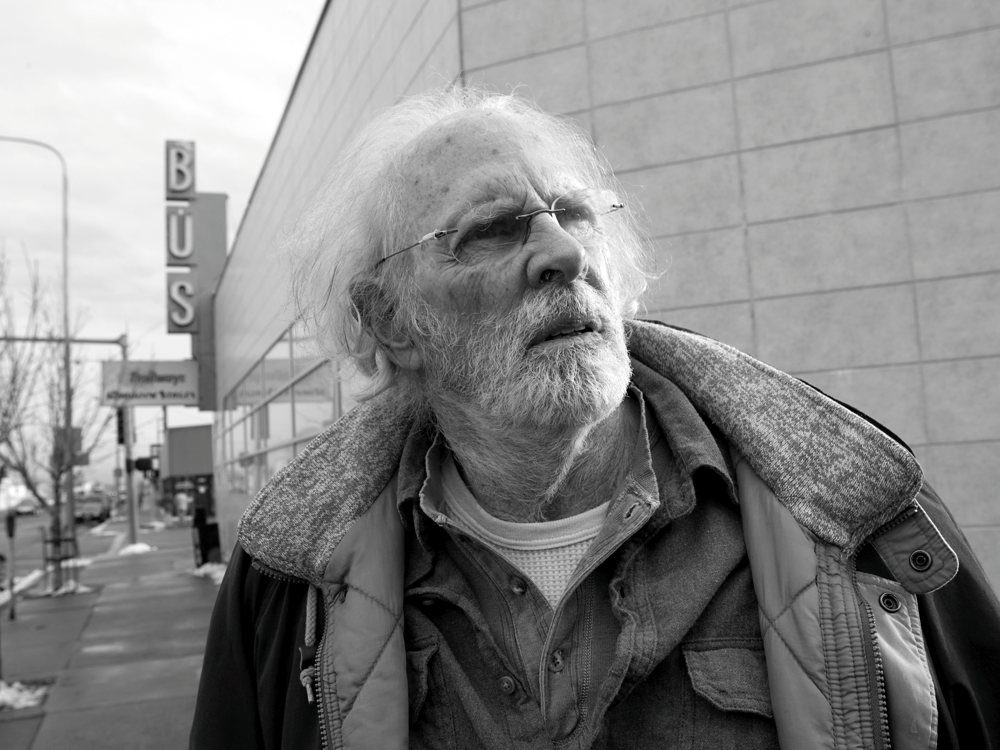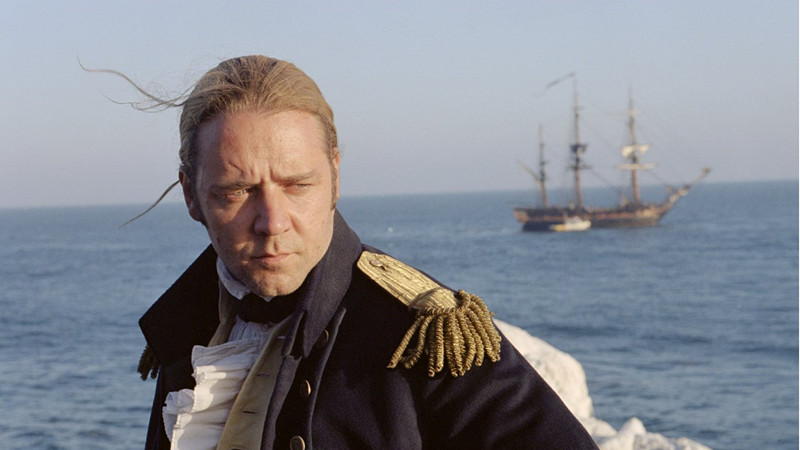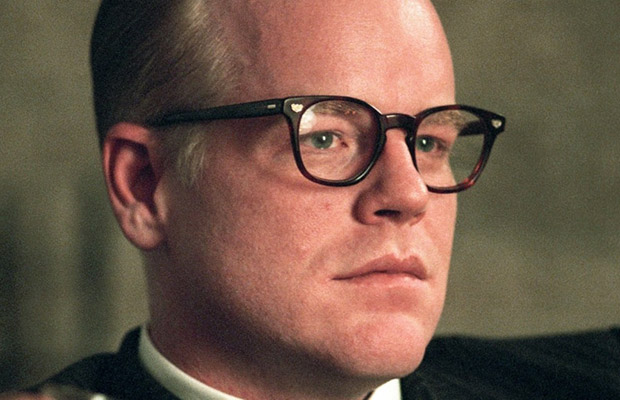5. Philomena

Transcending the confines of a typical road movie, Philomena is a bittersweet, deeply affectionate drama about the power of forgiveness and the search for answers. Judi Dench plays the titular character, an aging London woman who gave up her child a half century earlier while she was in Catholic school. Philomena embarks on a journey to America to find her child alongside a cynical journalist, Martin Sixsmith (Steve Coogan).
Although much of the story focuses on Philomena’s quest for answers, it’s also largely about her dynamic with Martin; Martin is a strong atheist, and can’t understand how Philomena can retain such faith and optimism in spite of her experiences. Coogan, who also co-wrote the screenplay, gives his best performance ever, and manages to crack the character’s rough exterior and find what motivates him. Dench, of course, is just brilliant, and she brings her signature charisma to this wonderful character.
4. Nebraska

Alexander Payne is often a favorite among Academy voters, and while Nebraska was showered with praise after it first debuted, it often isn’t brought up when talking about the best films of the 2010s; this is unfortunate, as Nebraska is Payne’s best work since Sideways, and uses quirky characters, brittle humor, and gorgeous black and white cinematography to craft a subversive road trip movie. The film follows David (Will Forte), who reluctantly decides to take his father Woody (Bruce Dern) on a trip after he receives a scam letter promising a cash prize.
The film works completely because of Dern’s performance; he captures a quiet and dismissive attitude that is hilarious to watch, but he’s able to hide a lifetime of memories as he reconnects with his son. Forte is also surprisingly adept to more dramatic material, and June Squibb delivers a breakout performance as Woody’s wife. While there is a deep emotional throughline to the story, Nebraska never descends into full on cloying sentimentality.
3. Master and Commander: Far Side of the World

One of the great cinematic injustices of the 21st Century is that Master and Commander: Far Side of the World failed to find major financial success, as despite its numerous Oscar nominations, it failed to spawn the franchise it was intended to. Peter Weir’s old fashioned epic is one of the most realistic depictions of naval travel and combat ever depicted on screen, and condenses events from several novels in Patrick O’Brian’s series into a thrilling adventure film.
Weir’s direction is immaculate; the audience is able to feel the scale, depth, and danger of each environment, and while the action is thunderous, the film still captures moments of wonderment and discovery. Russel Crowe is perfectly cast as Jack Aubrey, a leader who considers the fate of his crew in every decision he makes, and utilizes his extensive experience in order to make difficult choices. The film won an Oscar for its stunning cinematography, and should be ranked among the best epic films of its time.
2. Moneyball

Bennett Miller is sneakily one of the best directors of his time, and Moneyball is able to capture the world of baseball statistics with a precise delivery and surprising emotional punch. The radical approach by Billy Beane (Brad Pitt), which considers using statistics to determine baseball strategy, is wonderfully explained through Aaron Sorkin’s brilliant screenplay. Sorkin is well-known for his ability to take complex material and transform it into witty, informative dialogue, and he is able to make this story entertaining, even for those who know little about baseball.
Brad Pitt also delivers one of his very best performances; Beane is weighed down by mistakes he made as a young man who fell below expectations after being a first round MLB draft pick, and he uses his status as manager of the Oakland Athletics as a means to find both redemption and personal fulfillment. Jonah Hill and Phillip Seymour Hoffman also give memorable supporting performances in this elevated crowd pleaser.
1. Capote

Best known for the Oscar-winning performance by Phillip Seymour Hoffman, Capote is a deeply emotional and fascinating biopic that avoids traditional biopic cliches in favor of a critical consideration of its subject. The film isn’t trying to wrap up Truman Capote’s entire life into one, convenient three act drama, but rather focuses on the period in which he researched and wrote In Cold Blood. Capote’s investigation leads him to get too close to the case as he grows a fascinating, and eventual friendship, with the killer Perry Smith (Clifton Collins Jr.).
Hoffman’s death was one of the great cinematic losses of the 21st Century, as he was a character actor who could transform himself into wildly different characters without ever losing the touch of empathy. As Capote, he’s able to carry over the idiosyncratic public persona that Capote projects, and contrasts it with a more vulnerable side when he is forced to confront the subjects of his novel. Even if it won Hoffman an Oscar and was critically acclaimed, Capote is still an underrated film about the relationship between true crime and authors.